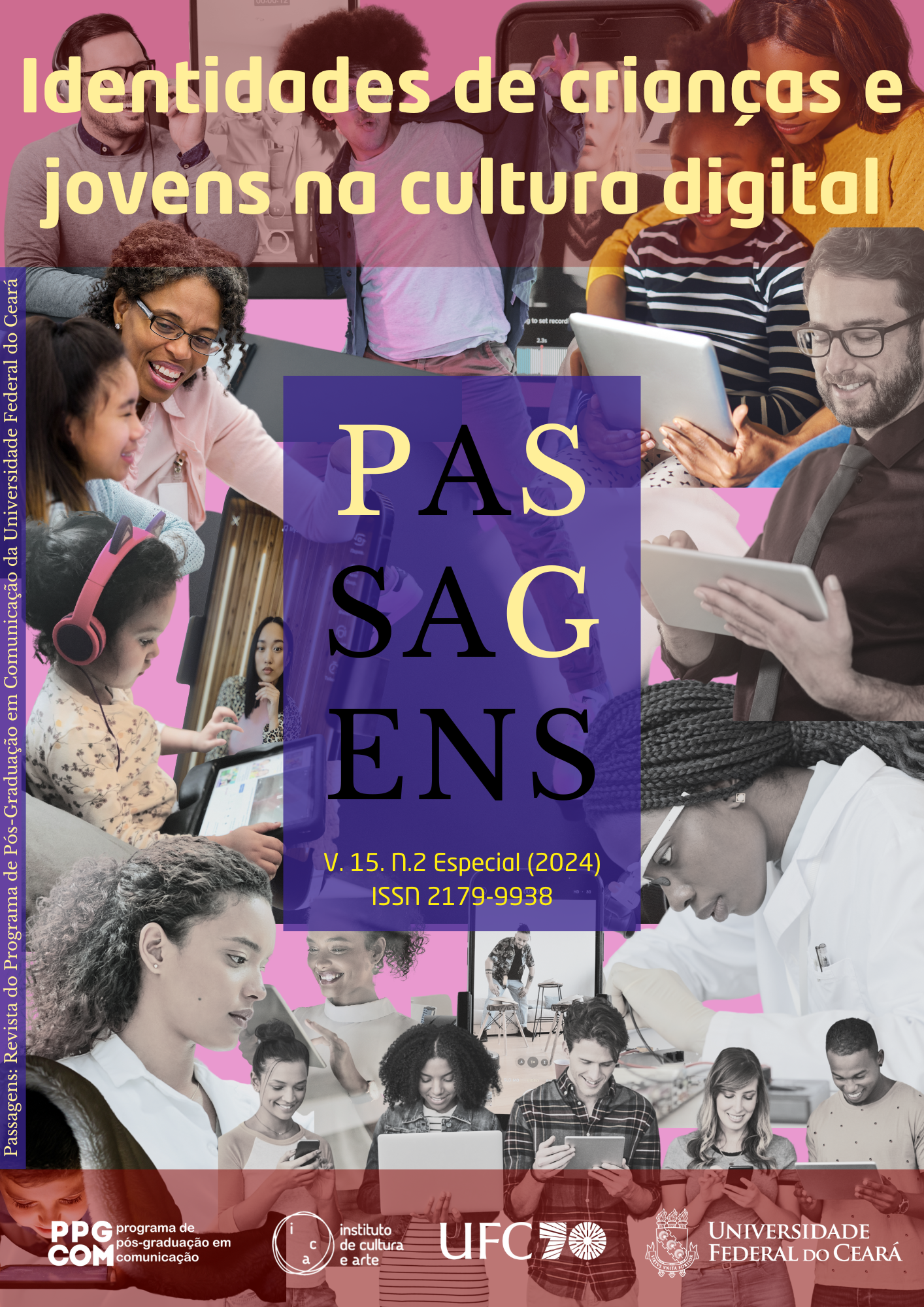“Todo mundo faz isso, por que eu não faço?"
Discutindo discurso de ódio sobre identidades de gênero em jogos online com estudantes de ensino médio em uma escola pública de Fortaleza
DOI:
https://doi.org/10.36517/psg.v15i2%20especial.94419Abstract
This experience report comes from research about the presence of hate speech in online games, conducted with young students from a public school in Fortaleza. Using the theoretical-methodological perspectives of Research-Intervention and PesquisarCOM, the objective is to collectively build concepts about the ways in which hate speech operates and is perpetuated within the online game format. The young people participated in two stages, the first being a 30-hour extension course on online risks where the prevalence of the topic of hate speech in online games was highlighted. The second stage consisted of a discussion group that allowed deeper insights into the topic. There was the participation of 5 students. The presence and maintenance of hegemony and domination of male bodies in the gaming space was noticeable, with gender-based violence appearing as a frequent form of dissemination of hate speech. Utilizing a post-structuralist perspective on the concepts of gender and hate speech, anchored in Judith Butler, and from studies on the prevalence of hate speech in electronic games, it was possible to realize that online games, as well as electronic games are idealized based on narrow gender ideals that advocate for the male players as the only ones belonging to the gaming space, guided by the logic of profit in order to sustain exclusionary community ideas about the female players, placing them in a position of subalternity and non-belonging to the space of the game.
Downloads
Published
How to Cite
Issue
Section
License
Copyright (c) 2024 Passagens: Revista do Programa de Pós-Graduação em Comunicação da Universidade Federal do Ceará

This work is licensed under a Creative Commons Attribution 4.0 International License.
A aceitação do trabalho para a publicação implica a transferência de direitos do autor para a revista, sendo assegurada a ampla disseminação da informação.

